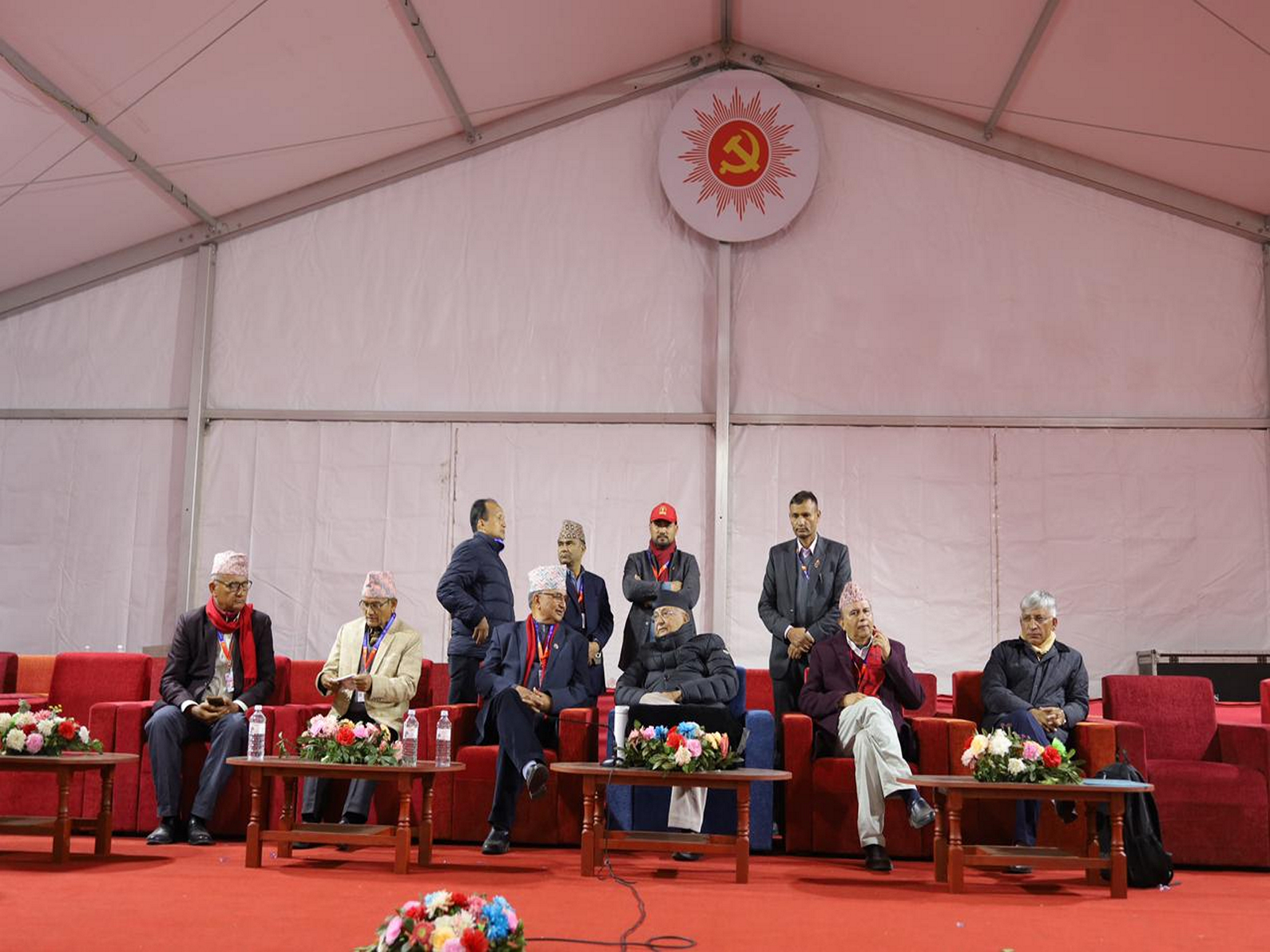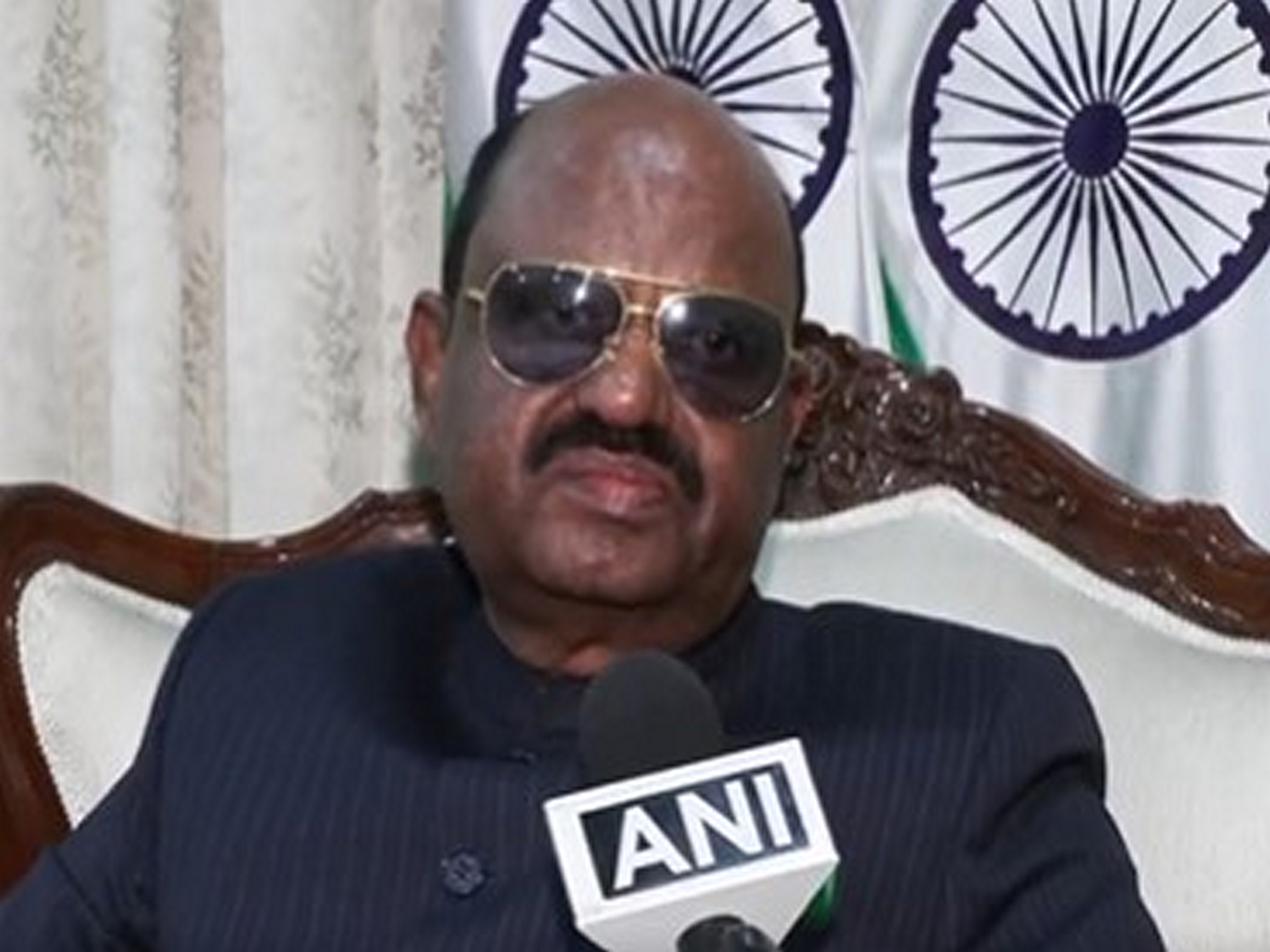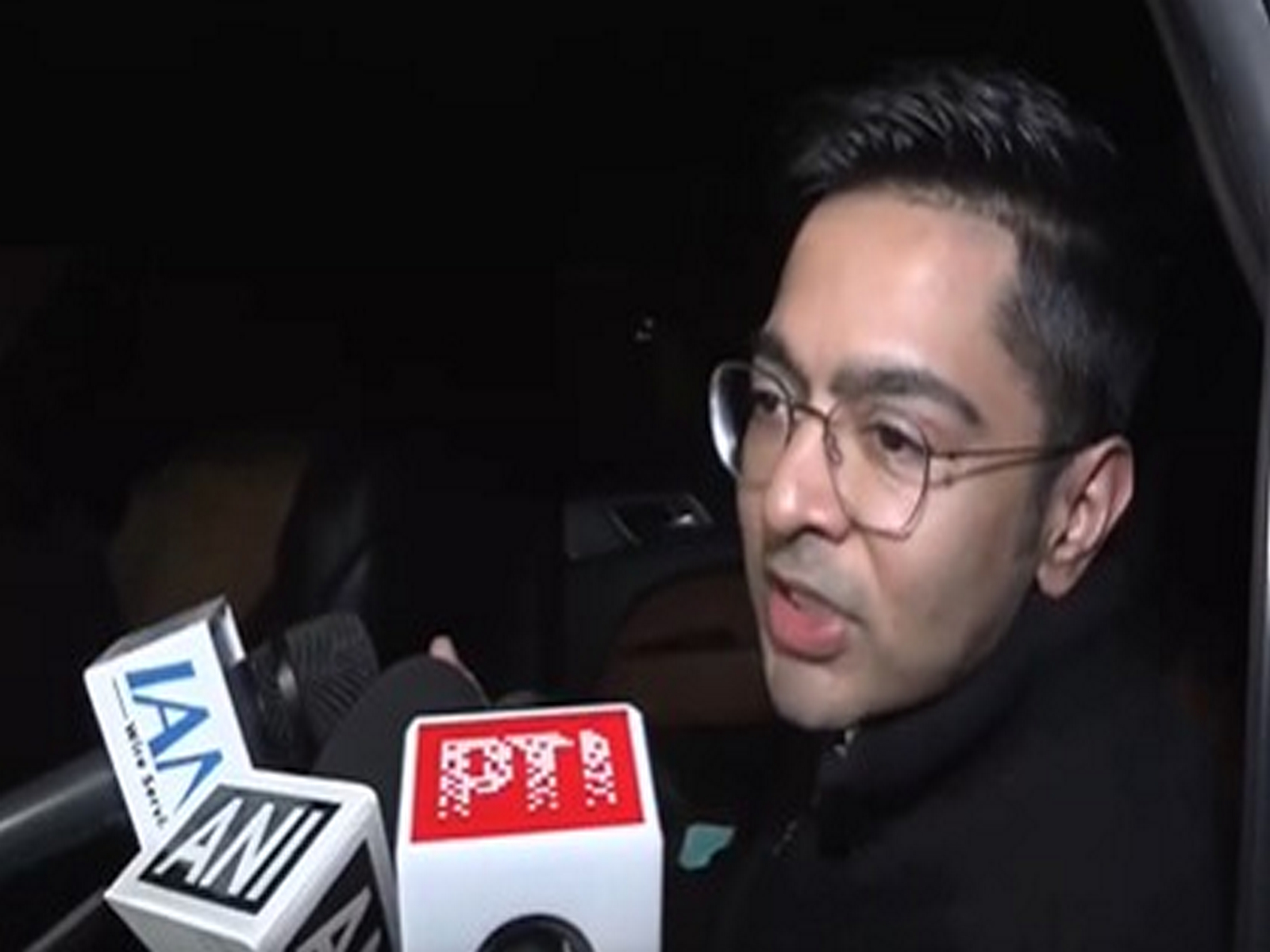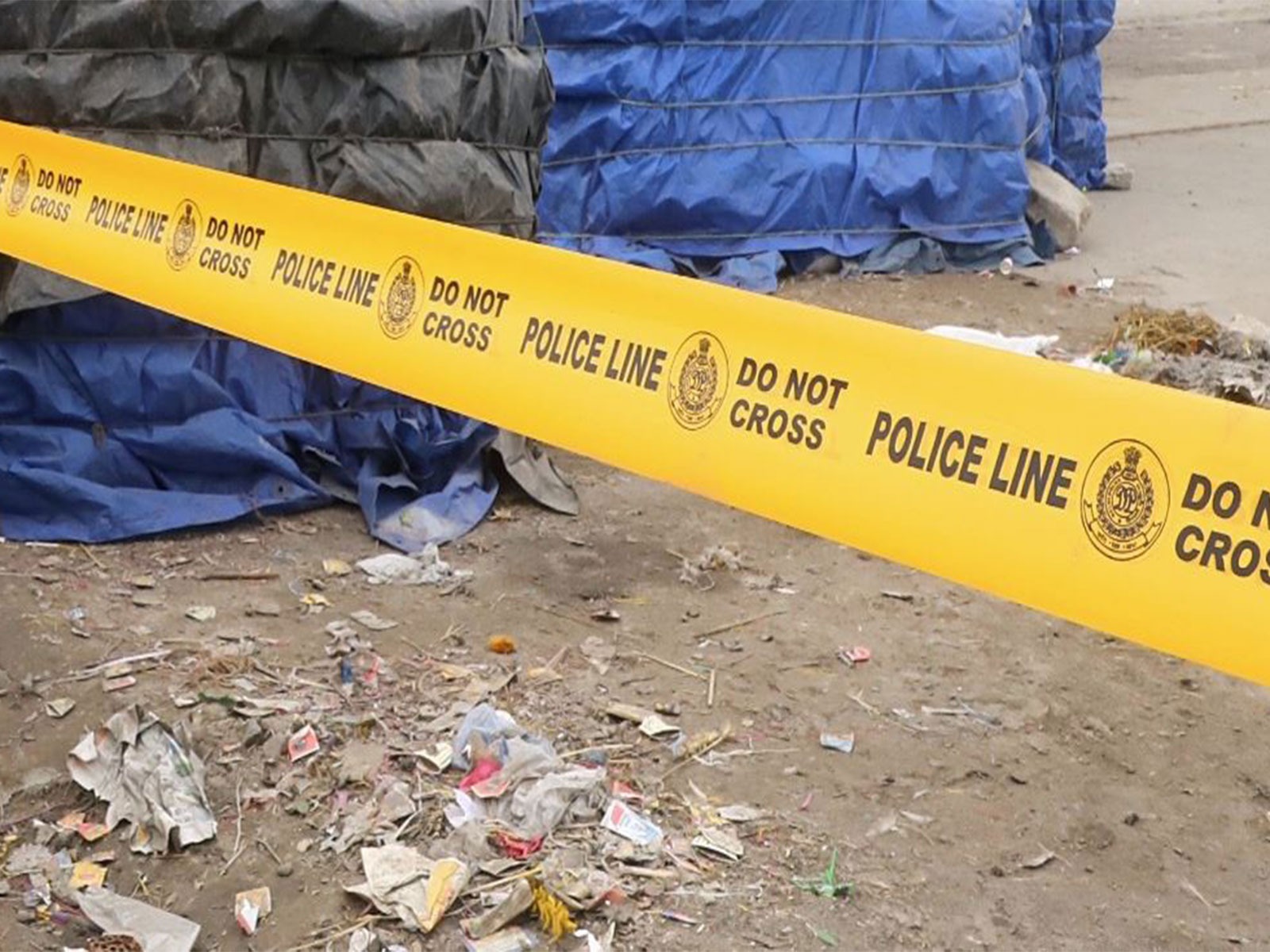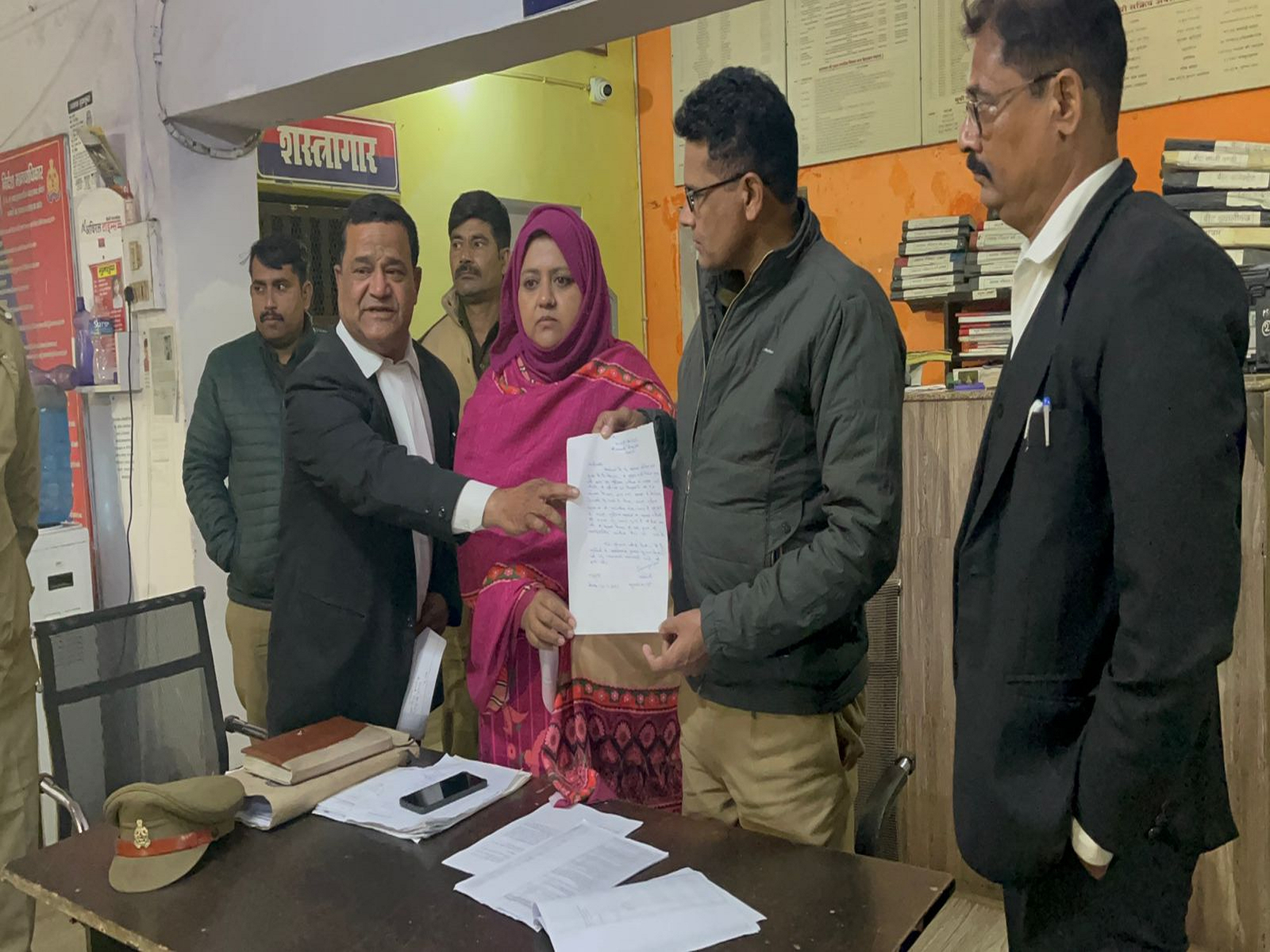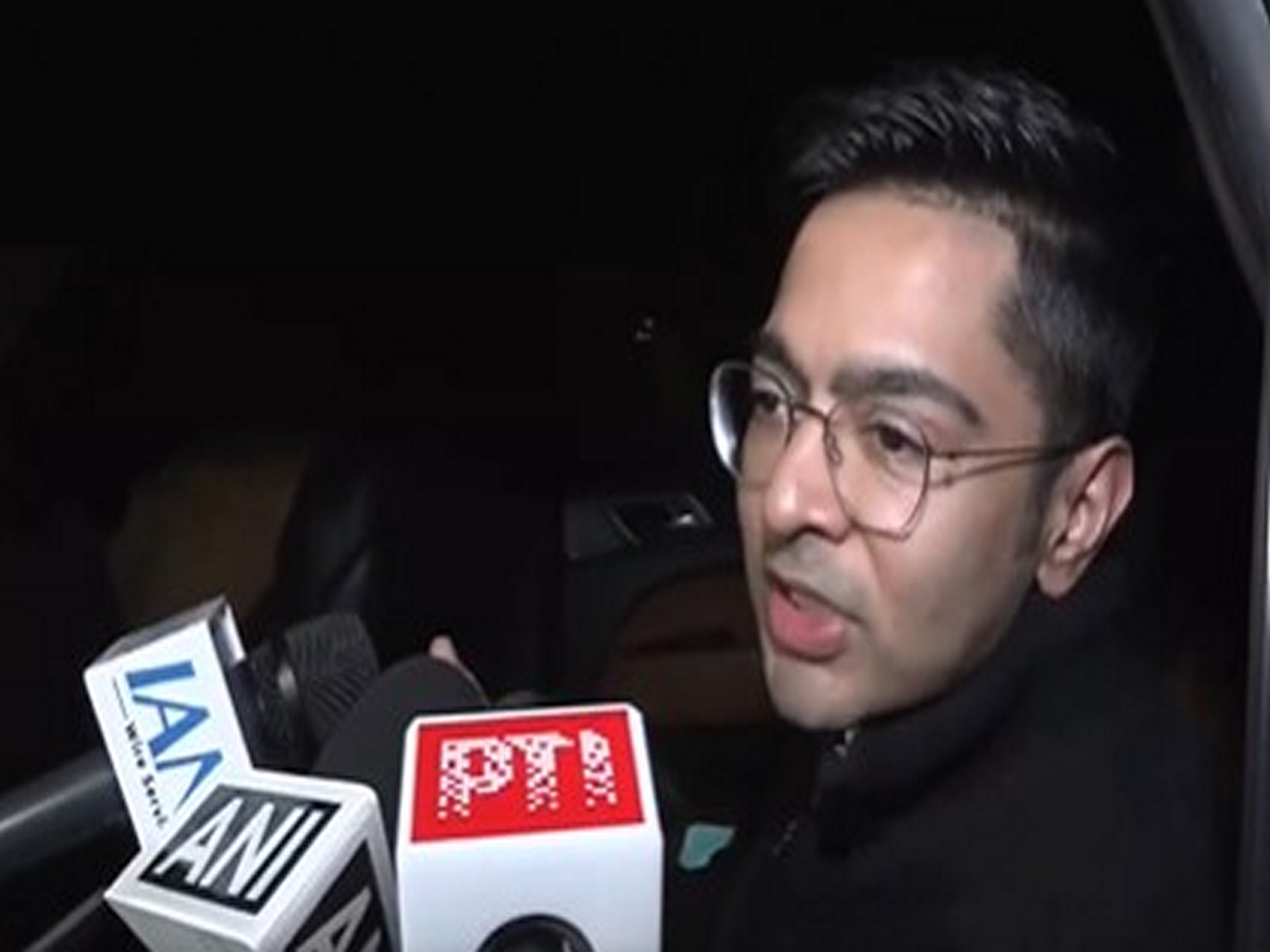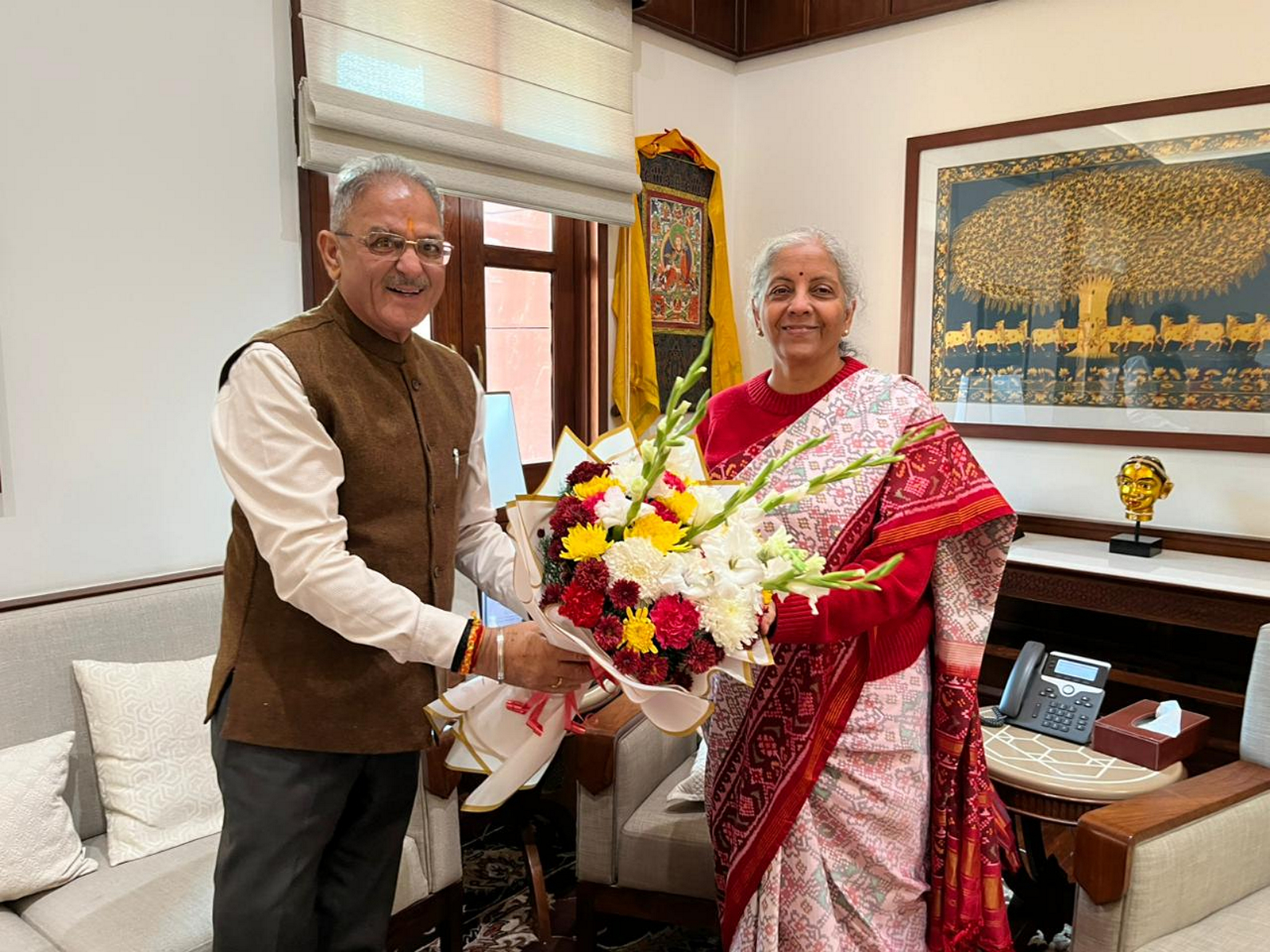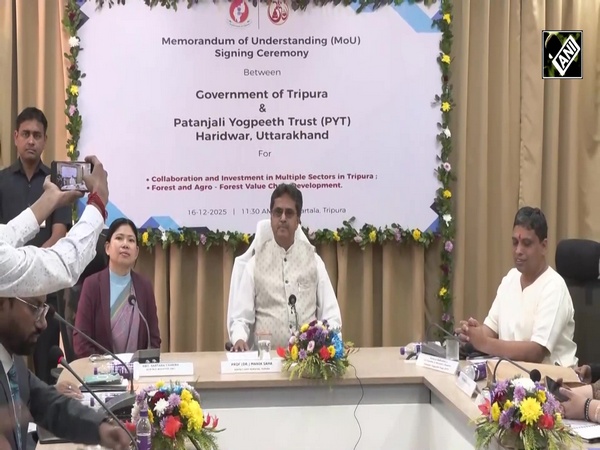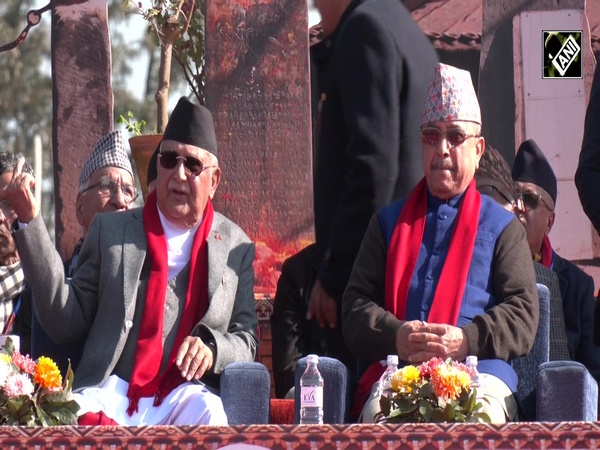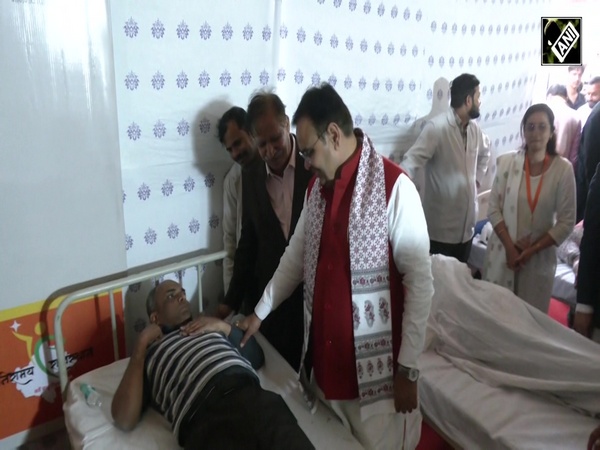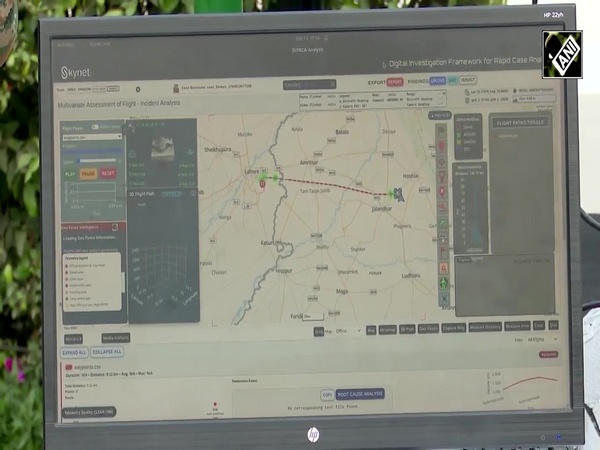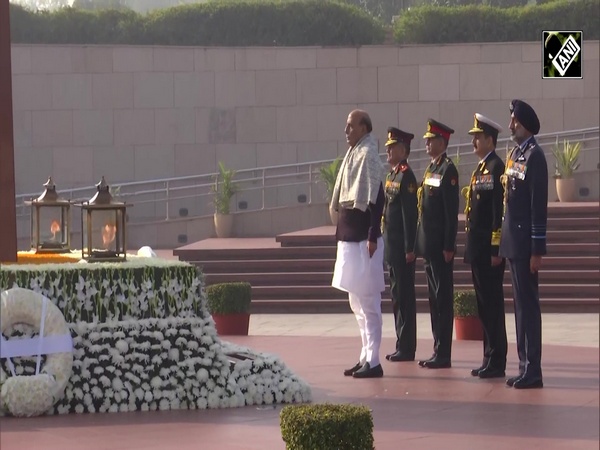Protest at Sri Lanka's 'Galle Face' continues for 24th day as government faces no-trust motion
May 02, 2022

Colombo [Sri lanka], May 3 : As the ongoing economic crisis continues to fuel unrest in the Island country, the protests at 'Galle Face' in Colombo in front of the Presidential Secretariat continued for the 24th day on Monday even as the government faces the prospect of a no-confidence motion in the upcoming parliamentary session.
A large number of people from various parts of the island were present at the protest today as well demanding the resignation of President Gotabaya Rajapaksa and Prime Minister Mahinda Rajapaksa, Colombo Page reported.
The protests are being attended by religious leaders, youth, civil activists, artists, university students, journalists, disabled war heroes, trade union representatives, scholars and people from all walks of life from various parts of the country, the report added.
The protestors have also set up supporting facilities including libraries, first aid units and media units at the site.
Meanwhile, the protesters have launched a Public Campaign requesting the public to ask the parliamentarians to vote for the no-confidence motion against the government and impeachment motion against the President by posting the following message on their social media profiles and posting with #GotaGoHome2022 #GoHomeRajapaksas, the report further said.
Earlier today, a tense situation erupted in Sri Lanka's Galle Face protest site after the riot police were deployed on the ground, resulting in protesters engaging in a verbal battle and eventually asking the riot police to leave the site.
Sri Lanka's leader of Opposition and Samagi Jana Balawegaya (SJB) leader Sajith Premadasa on Saturday had said that the no-confidence motion will be brought against Prime Minister Mahinda Rajapaksa during the next session of the country's parliament.
Premadasa made the announcement while speaking at the commencement of the fifth day of the 'Samagi Bala March' organized by the SJB against the government, Colombo Page reported.
Sri Lanka is facing its worst economic crisis since independence with food and fuel shortages, soaring prices and power cuts affecting a large number of the people, resulting in massive protests over the government's handling of the situation.
The recession is attributed to foreign exchange shortages caused by a fall in tourism during the COVID-19 pandemic, as well as reckless economic policies, like the government's move last year to ban chemical fertilizers in a bid to make Sri Lanka's agriculture "100 per cent organic".
Due to an acute shortage of Foreign exchange, Sri Lanka recently defaulted on the entirety of its foreign debt amounting to about USD 51 billion.
The economic situation has led to huge protests with demands for the resignation of Prime Minister Mahinda Rajapaksa and President Gotabaya Rajapaksa.
